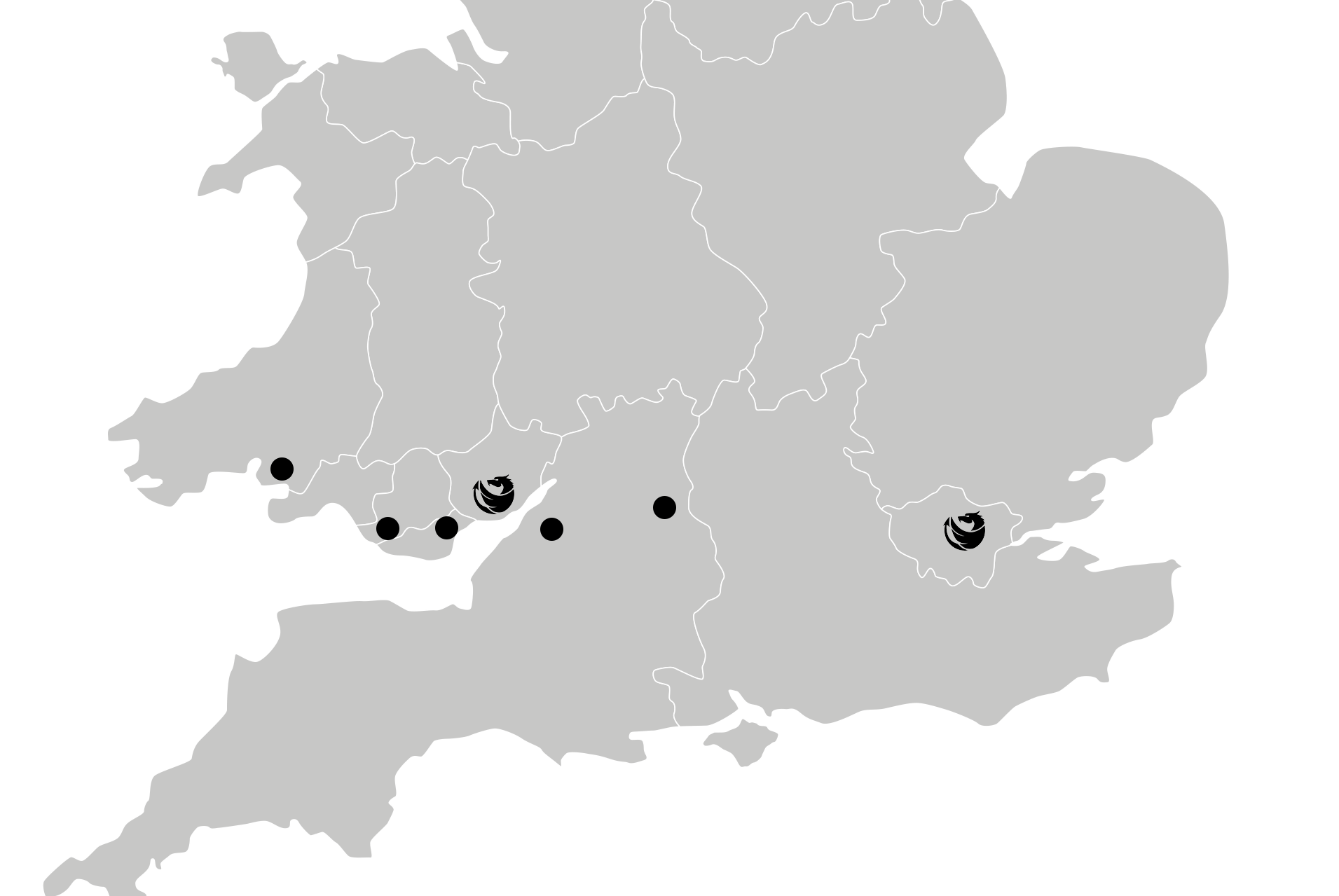Here at Niche, we are committed to delivering not only the best advice possible, but also ensuring clients are confident in the avenues available to them, and have a sound knowledge of what we're recommending and why.
Often, our team find that clients come to us invested in plans they don't fully understand. At other times, they may be unsure as to why they've been guided towards them. These are concerns that our team endeavour to address at all times within the financial planning process. However, it’s always useful to learn a little bit more about products you may find yourself considering in the future.
You can read our article taking a look at Enterprise Investment Schemes (EIS) here.
VCTs
One of the most enduring investment solutions on the market over the past 30 years has been the Venture Capital Trust (VCT) scheme. Despite having been around for nearly 30 years, they remain a key investment solution available to UK investors since 1995. At the time, a new and innovative way to encourage investment in small and medium enterprises (SMEs), VCTs continue to offer investors the chance to back budding entrepreneurs, while also providing a range of returns and tax incentives. They sit alongside the 1994 Enterprise Investment Scheme (EIS), which also provides similar income tax relief and capital gains tax-free growth.
As Niche Ops Director, Aled Phillips, highlights, “The government gives significant tax incentives for investment into smaller businesses, as these companies are hugely important for the economy. Although higher risk, VCTs bring forth many exciting and innovative companies, and the opportunity to invest in them at an early stage."
Indeed, at Niche, we utilise a panel of VCT providers, which is reviewed regularly through our investment committee and communicating with the providers on a regular basis. And with that, when appropriate, we recommend VCT providers based on the strength of their underlying investments and strategies.
Bolstering the economy
The continued support of a growing number of VCT investors is helping to fund even more, smaller, UK-based companies. A mutually beneficial arrangement, investors committed over £1.1bn to VCTs in the 2021/22 tax year alone.
Many companies supported by VCTs also benefit from having a representative of the investment manager on their board to provide expert insight and mentoring.
VCT money is helping to create jobs, reward innovation and bolster the UK economy. And to complete the circle, the VCT selling the shares it holds in successful underlying companies is good news for investors, as it means more potential for tax-free dividend payments.
The benefits for investors
Although VCTs invest in unlisted or AIM-listed companies, VCTs themselves are listed on the London Stock Exchange, and operate in a regulated environment. When investors purchase new VCT shares, they’re entitled to claim a range of tax incentives on investments. Specifically, they can benefit from:
- Up to 30% upfront income tax relief on the amount invested (on up to £200,000 each year), providing shares are held for at least five years. For a £10,000 investment in a VCT, £3,000 can be taken off an investor’s income tax bill – providing the amount of income tax claimed doesn’t exceed the amount of income tax due.
- If VCT shares are sold for a profit, the proceeds won’t be liable for capital gains tax.
- If a VCT pays dividends, there is no tax to pay, and dividends don’t need to be declared on a tax return.
Be aware of the potential drawbacks
Of course, the prospect of an investment that not only provides potentially rewarding returns to both the investor and recipient may seem irresistible. Yet, as with so many investments, it’s imperative to remember that the tax benefits are there to compensate for the high risk of investing into small VCT-qualifying companies.
- The value of an investment in a VCT, and any income from it, can fall as well as rise and investors may not get back the full amount invested.
- Tax treatment may change in the future.
- There is also no guarantee that a VCT will maintain its VCT status. If a VCT loses its qualifying status, tax advantages – such as tax-free dividends and exemption from capital gains tax – will be withdrawn from that point.
- VCT shares can be more volatile than shares listed on the main markets. They may also be harder to sell.
Please remember that VCTs and EISs are considered high-risk investments and are not suitable for everyone. If you are interested in finding out more about whether a VCT may be appropriate for you and your circumstances, then please feel free to contact your adviser directly, or call us on 01633 851805.
Become a client Client login
Call: 01633 851805
Email: info@nichepc.co.uk
Office: 5 & 6 Waterside Court, Albany St, Newport, NP20 5NT
Disclaimer:
The value of an investment and the income from it could decrease as well as increase. The return at the end of the investment period is not guaranteed, and you may get back less than you originally invested.
Please note that VCTs are high risk investments and there may be no market for the shares should you wish to dispose of them. Your capital may be at risk.
EISs are very high risk investments. An EIS investment is usually concentrated in one single unquoted trading company. Often there is no market for the shares and it may be difficult to make a disposal. There is a possibility of the chosen company failing.
< Back to News
